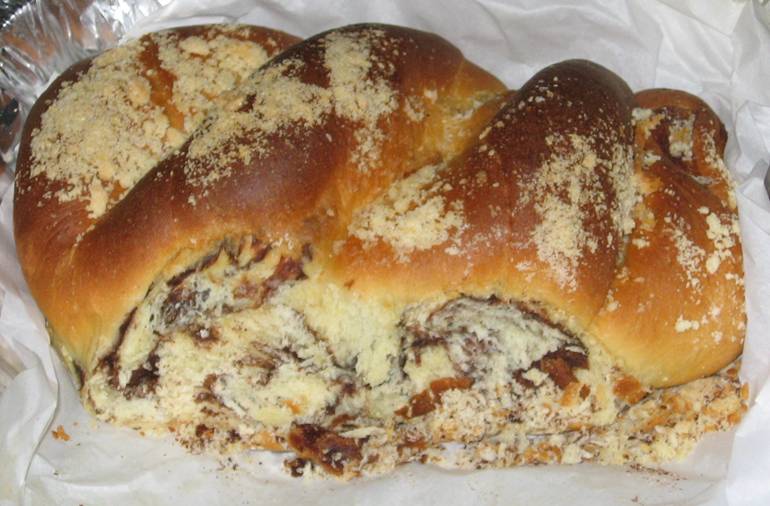Let this blow your mind as it blew mine:
It is from the 1969 film Picasso Summer starring Albert Finney and Yvette Mimieux. Adapted into a screenplay by Ray Bradbury from his short story “In a Season of Calm Weather,” it is set to music by Michel Legrand. Despite a weak plot, the music and three animated sequences by Wess Herschensohn moved me no end! Not only did they explore Picasso in a way that helped me to see his work more clearly, the one sequence above also widened my perception of war. After watching the above, I turned off the film to search it on the web, and found this:
It is from the 1969 film Picasso Summer starring Albert Finney and Yvette Mimieux. Adapted into a screenplay by Ray Bradbury from his short story “In a Season of Calm Weather,” it is set to music by Michel Legrand. Despite a weak plot, the music and three animated sequences by Wess Herschensohn moved me no end! Not only did they explore Picasso in a way that helped me to see his work more clearly, the one sequence above also widened my perception of war. After watching the above, I turned off the film to search it on the web, and found this:
and this:
Together, these three videos entered my life as Picasso's Guernica never had before! In my search, I found that the creative reactions to Picasso's Guernica may rival commentary on any Shakespeare play.
Together, these three videos entered my life as Picasso's Guernica never had before! In my search, I found that the creative reactions to Picasso's Guernica may rival commentary on any Shakespeare play.
Here is my own:
Slate grey noon and rain in
June
Copyright © 2013 S.L.Chast
Posting for dVerse Poets Pub Open Link Night ~ Week 103.
Slate grey noon and rain in
June
sat me down to pull war
and people
from out my 2D
cartoon-framed
vision in a sheltered
life not Iraq,
Syria, Afghanistan,
Pakistan,
Israel, Palestine and
elsewhere.
Horses
are gone but not foot
soldiers engaged to
dishearten from land mines
and hidden bombs:
providers, mothers, priests,
and young ones with
explosives strapped to their
childhoods.
Doves
are there too close to
open-eyed blood we
pour in to food, zapping out
strength and hope
drowning all openings to the
villains’ millions,
billions—not humans, but dollars—trillions.
Copyright © 2013 S.L.Chast
Posting for dVerse Poets Pub Open Link Night ~ Week 103.





